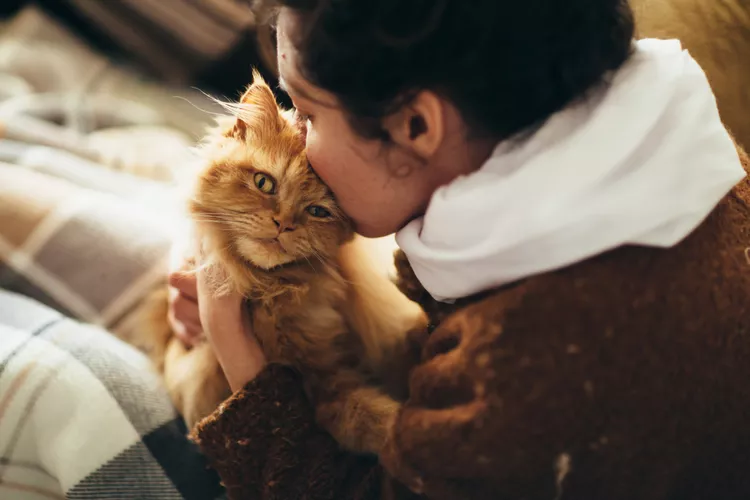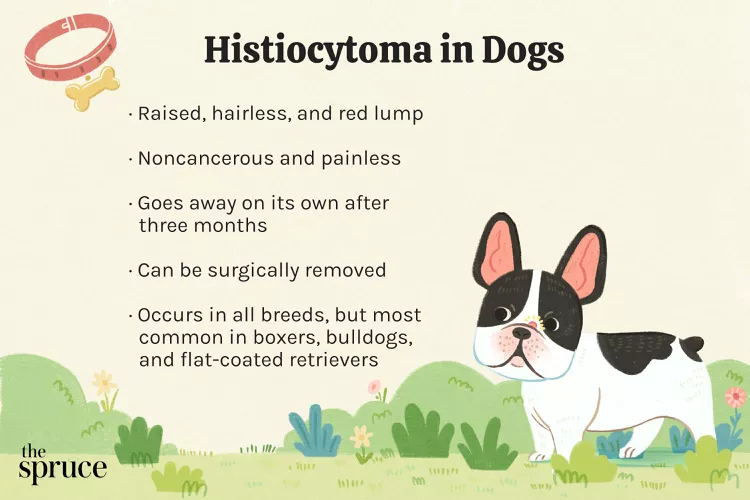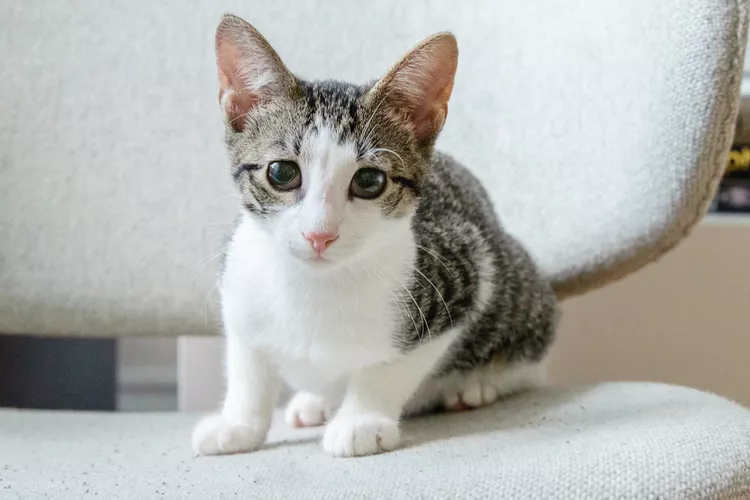
Many people love the relaxing smell of dried eucalyptus or may have heard about the health benefits of eucalyptus essential oils. While it may be harmless enough for us, when it comes to our curious cats, eucalyptus is more complicated. As is often the case, products that may be perfectly safe for humans can pose risks to our sweet kitties, and we may need to reconsider how we use these products to keep our cats safe.
Eucalyptus plants are evergreens native to Australia and Tasmania and include many different species ranging in size from small leafy plants to large trees. Eucalyptus is popular for its relaxing and pleasant smell. Most often, dried leaves are used in floral arrangements for this purpose and many housewares, including candles and bath products, are scented with eucalyptus oil. Some health benefits of the plant have been touted, but there is no definitive scientific proof to back up these claims.
If you live with a kitty, you certainly know that they are very curious and have a tendency to get into the most unexpected places. Since there are so many forms of eucalyptus that may be found in our homes, determining the safety of these products for cats is very important.
In its pure form, the eucalyptus plant is considered toxic to cats if ingested. The most common physical signs of eucalyptus toxicity in cats would be vomiting, diarrhea, drooling, and/or lethargy. In most cases, they have to eat a large amount of the plant to get very sick but if you think your cat may have ingested any part of a eucalyptus plant, you should contact your veterinarian right away as well as a poison control hotline to determine the best course of treatment.
When dealing with eucalyptus essential oils, there are a few additional factors to consider. These oils are highly concentrated (with stronger effects than the actual plant) and considered toxic if eaten. They may also pose risks if they are inhaled or in contact with the fur and/or skin. It would take a concentrated high dose of eucalyptus essential oil to cause toxic effects directly through the skin or inhalation, but it is possible for the active ingredients to be absorbed through these routes. Also, cats are meticulous groomers, so you always have to assume that anything you put on your kitty’s fur or skin will be sampled with their tongues. For this reason, it is not recommended to use topical products containing eucalyptus on cats.
Because essential oils can irritate the lining of the respiratory passages and can be toxic to pets, it's best to avoid essential oil diffusers if you live with a feline friend.
When it comes to diffusing essential oils, there are a lot of safety concerns for pets. The main concern is that the oils themselves, or other ingredients in these products, could irritate the delicate lining of the respiratory passages and/or lungs and some ingredients could be toxic if inhaled. Some oils are known to be more irritating than others, and the purity of the oil can also affect its quality. For these reasons, the safest option is to avoid essential oil diffusers if you live with a feline friend, especially if your cat is already hypersensitive to certain odors or has a pre-existing condition like asthma that can make them especially sensitive to contaminants in the air.
If your cat ingests a eucalyptus plant or product containing eucalyptus oil, your first step should be to contact your veterinarian as well as an animal poison control hotline such as the ASPCA Poison Control Hotline. Poison Control keeps careful records on all cases of toxicity and they often have the most up-to-date information regarding what to expect given a specific kind of toxin and the amount ingested. This will be helpful information for both you and your veterinarian so you can plan the best course of treatment.
Some cats will have mild tummy trouble like vomiting and/or diarrhea, which may be treated with supportive care. Some cats may have hypersensitivity and experience an allergic reaction with exposure that may result in respiratory or more serious clinical signs. More serious signs may require hospitalization, especially for cats with seizures, severe lethargy, or problems with their heart or blood pressure. For cats who are exposed to oils on their fur or skin, a thorough bath with a dish detergent like Dawn may be an important part of decontaminating them. This should be done in consultation with your veterinarian as it is not always safe to bathe a cat who is already experiencing signs of toxicity.

Cute Pictures & Facts About Calico Cats & Kittens
Learn fascinating facts about calico cats, including photos, the genetics behind this color combination, and common folklore and traditions.
How to Prevent Cat Separation Anxiety During Vacations
Discover why cats develop litter box problems and cat behavior problems when you go on vacation and what you can do about it to help them.
Cat Behavior Changes That Might Mean Something's Wrong
Cats' behavioral changes may indicate problems—or they may mean nothing at all. Explore causes of odd behavior and what to do about them.
Lhasa Apso: Dog Breed Characteristics & Care
The Lhasa apso is an ancient breed from Tibet that was bred to be a watchdog. Learn about its history, health, exercise needs, and more.
Reasons Why Dogs Run Away and How to Stop It
Dogs can escape, especially if they’re bored and not properly contained. Here are some techniques for stopping your dog from running away.
Can Dogs Get Depression? How to Help Your Sad Dog
Can dogs get depression? Learn about the signs of depression in dogs and find out how to help your sad dog.
How to Stop Aggression in Dogs
Dog aggression can be a serious behavior issue for pet owners. Learn how to stop aggression in dogs before someone gets hurt.
How to Stop Your Dog From Growling
A growling dog can soon become even more aggressive. Reduce the noise and potential for a dangerous situation with some of these techniques.
Why Do Dogs Dig Holes? How to Stop Your Dog from Relandscaping Your Yard
Dogs have been digging holes for centuries and for many reasons. Whether they’re bored or want to cool off in the dirt, here are the top reasons why dogs dig holes.
Dog Treat Varieties
Learn about the different types of dog treats on the market and decide which are best for your dog.
Can Dogs Eat Asparagus?
Dogs can eat asparagus, provided the vegetable is cooked plain and cut up for them. Seasonings, salt, and butter make it unhealthy for dogs.
Histiocytomas in Dogs
A histiocytoma is a type of benign (non-cancerous) skin lump that usually affects young dogs. Learn the causes, treatment, and prevention.
Why Is My Dog’s Eye Swollen?
If your dog's eye is swollen, she may need veterinary attention. The inflammation could be caused by allergies, an injury, or even a tumor.
Common Bugs and Parasites Found on and Inside Dogs
Learn about common types of parasites in dogs. Find out how to treat and prevent parasites to keep your dog, your family, and yourself safe.
Exploring the Different Types of Pet-Friendly Beaches
Are you looking for pet-friendly beaches? Learn about the different types of pet-friendly beaches, their locations, and tips for visiting them with your pet.
10 Obscure, Little-known Canine Facts in Honor of National Dog Day
With National Dog Day upon us, it's time to celebrate everything about our favorite pets—even the weirder stuff. Here are 10 obscure facts about dogs you probably didn't know.
Kitten Development From 3 to 6 Months Old
Kittens grow and change a lot during their first year. Find out what happens between the ages of three months and six months old.
95 Siamese Cat Names
Our list of Siamese cat names has diverse and fun options to help you choose the ideal moniker for your elegant and lovable feline companion.
What to Buy for Your New Cat: A List of Essentials
Before you bring your new cat or kitten home, there are a number of things to collect or buy so your cat will feel welcomed like a family member.
The 6 Best Cat Nail Clippers of 2024 for a Safe Trim
Clipping your cat's nails can save your furniture and keep your kitty comfortable. We asked veterinarians for their cat nail clipper recommendations.